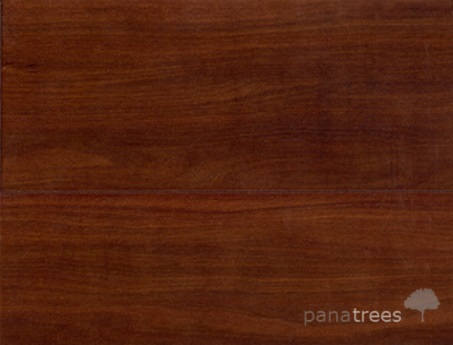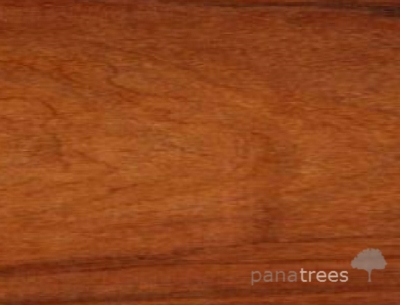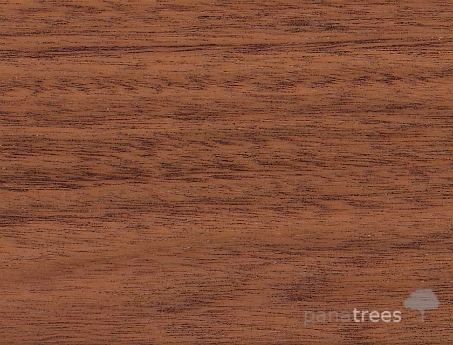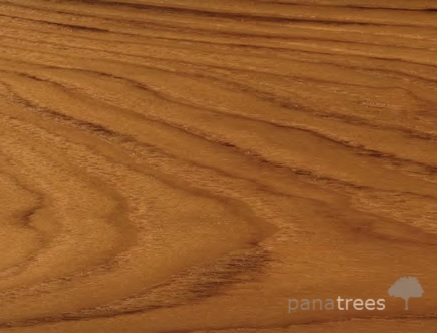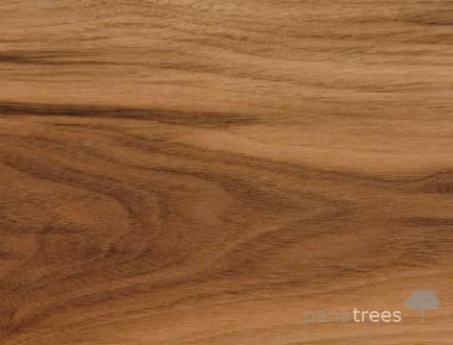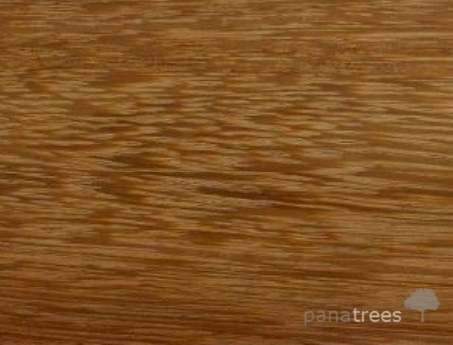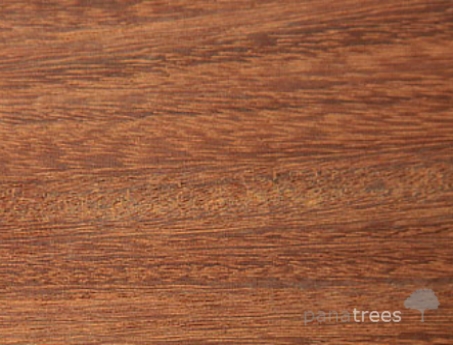

Extreme properties
It is the densest hardwoods available, three times harder than cedar. Ipe has the same fire rating as concrete and steel, meaning it resists flames much longer than softer woods, and is so dense that it doesn’t float in water.

Extreme durability
Ipe is an exotic hardwood that is naturally resistant to rot and decay, making it ideal for coastal construction, and is guaranteed for 25 years without preservatives! Like redwood, it has a natural oil that keeps bugs out.

Exteme longevity
Ipe was used for the boardwalk along the beach of New York City’s Coney Island, and was said to have lasted 25 years before it needed to be replaced: an amazing lifespan given the amount of traffic and environmental stresses put upon the wood.
Description
Ipe (pronounced “ee-pay”) — Discover the unique properties that make Iron Woods Ipe an easy choice for any project. Iron Woods brand Ipe naturally resists wear, rot, splintering, termites, fire, chemicals, marine borers and virtually every other threat imaginable. And it does it beautifully. Iron Woods brand Ipe is the benchmark in residential and commercial wood products.
This wood species is one of the most stable of all the durable timbers. It dries extremely well with little checking, twisting, or bow. It is widely recognized for its strength and natural resistance to decay. It can be used in ground contact without preservatives or additional treatments. The timber has been tested by the US Navy in a Panama Canal study from 1962 showing Ipe to be one of the top performers in resistance to decay, termites, and borers. Of those tested, it was one of the very few that is readily commercially available. Widely used in commercial exterior construction such as boardwalks, piers and benches, it has recently become the best choice for residential decks due to its low maintenance, attractive color, and extremely smooth surface that has stood the test of time.
Appearance: Heartwood can vary in color from reddish brown, to a more yellowish olive brown or darker blackish brown; sometimes with contrasting darker brown/black stripes. In certain species, there are powdery yellow deposits within the wood. Ipe can be difficult to distinguish visually from Cumaru, another dense South American timber, though Ipe tends to be darker, and lacks the subtle yet characteristic vanilla/cinnamon scent while being worked.
Working Properties: Ipe can be difficult to work with, without the proper tooling. It can have a blunting effect on cutting edges, so pre-drilling for screws is recommended. Carbide-tipped saw blades should be used, making it much easier to cut. Ipe comes in long lengths, but planks do not bend well. It sands very smoothly with little or no splintering.
Ipe lumber has become a very popular and inexpensive alternative to teak lumber.
Suitability
- Boating
- Exterior Decking
- Joinery
- Flooring
- Siding
- Cladding
- Veneer
Technical information
| Density (kg/m3 dry) | 1100 | Hardness (Janka) (kN) | 15.62 | Resistance to split in nailing | Good |
| Specific gravity | 0.91-1.1 | Finish | Excellent | Resistance to split and screwing | Good |
| Modulus of rapture (Mpa dry) | 177 | Stability | Good | Gluing | Difficult |
| Modulus of elasticy (Gpa dry) | 22 | Crushing Strength (Mpa dry) | 93.8 | Durable | High |
| Radial shrinkage % | 5.9 | Sapwood Lyctid Susceptible | No | Trees | 25-35 year old |
| Tangential shrinkage % | 7.2 | Machining | Hard | Round logs | Girth of 50-150 cm |
| Volumetric % | 12.4 | T/R Ratio | 1.2 | Growing regoin | Central and South America |


Round logs. Different sizes available
- per ton


